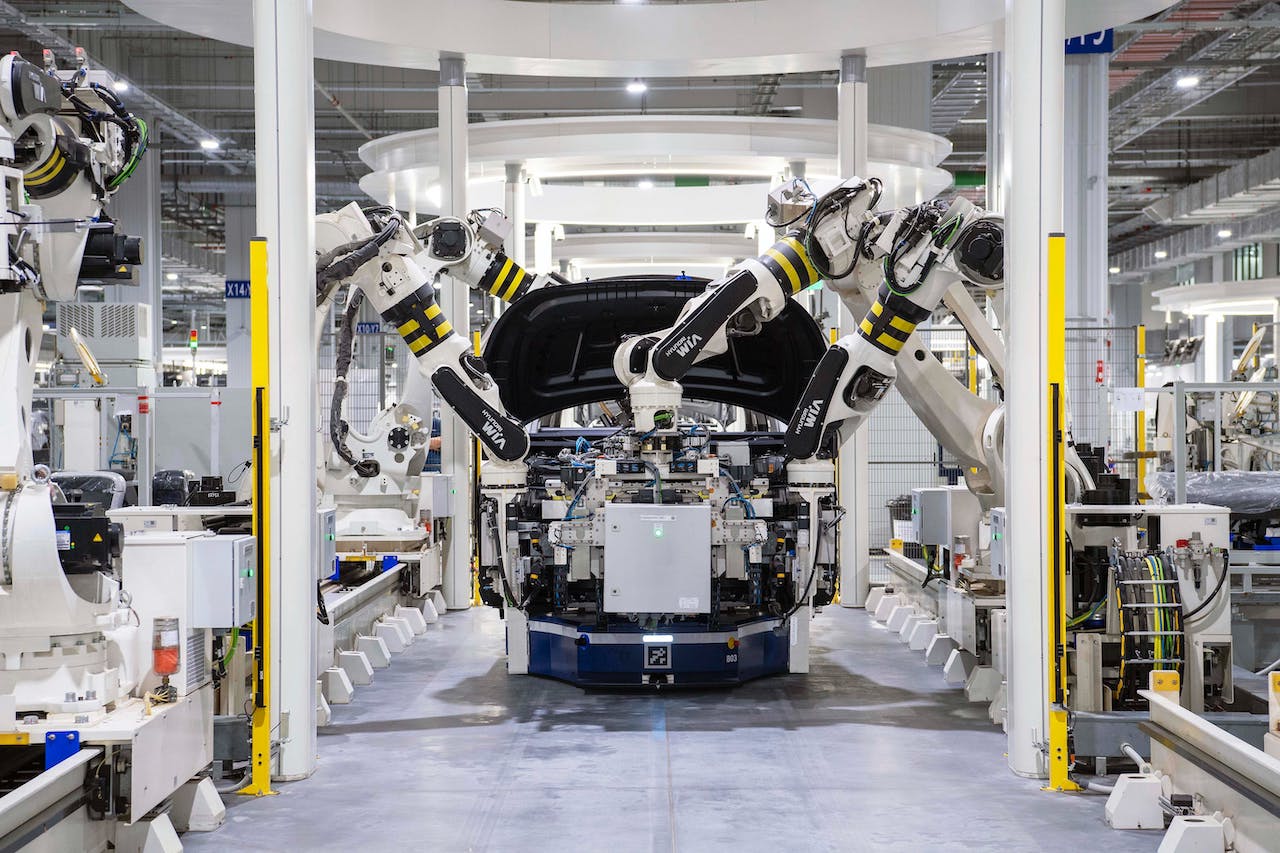Driverless cars and autonomous vehicles are not theoretical. They already exist. The technology is already there to sit in a vehicle and specify a destination before allowing the vehicle to take care of all acceleration, navigation, and braking.
Driverless cars and autonomous vehicles are already on our roads. The only question is whether they’ll ever become the norm. At the moment, it’s rare to encounter a car without a driver. In the future, will it become rare to encounter a car with a driver?
Of course, the future of cars is also the future of car insurance. And in this post, we’ll examine how driverless cars and autonomous vehicles might affect car insurance.
If you’re wondering how technological developments might affect your fleet and your insurance, why not chat to one of our friendly experts? Call us on 020 8290 9099 or email us at commercial.motor@anthonyjones.com.
What Do We Mean By Driverless Cars and Autonomous Vehicles?
A driverless car, or an autonomous vehicle, is any car that can safely and efficiently travel from point A to point B without a driver’s input. Instead of a driver, they rely on GPS data, radars, video cameras, and powerful onboard computers that are capable of instantly responding to conditions on the road.
Potential Benefits of Driverless Cars
Many believe that driverless cars could bring a range of benefits to the road:
- Fewer accidents, as a computer might be able to react to a potential hazard much faster than a human could.
- Greater freedom and independence for anyone who, for whatever reason, is unable to drive a car themselves.
- Reduced emissions, as a computer may be able to drive more economically than a human.
- Less congestion, as autonomous vehicles may encourage more people to share journeys, leading to fewer cars on the road overall.
How Will Driverless Cars and Autonomous Vehicles Affect Car Insurance?
In theory, driverless cars could bring down the price of insurance premiums. If driverless cars are truly as safe as they’re supposed to be, then it follows that insurers would charge lower premiums that reflect the reduced risk of collisions. Cars with certain safety features, such as automatic emergency braking systems, are already placed in the lower insurance groups.
However, if autonomous vehicles are going to become widespread, then it won’t happen overnight. There will be a long period of adjustment during which driverless cars will share the road with vehicles driven by human motorists.
Some studies show that motorists might be more likely to take certain risks around driverless cars. For example, driverless cars are programmed to slow down or stop if they sense other road users nearby. This may encourage some drivers to pull out in front of autonomous cars, where they might otherwise have given way. This could make collisions more likely, even if the driverless car is able to react in time.
Also, some people will mistrust driverless cars. Research suggested that up to 55% of people would feel unsafe with driverless cars around them. This could make drivers more nervous, and more likely to make mistakes, when sharing the road with autonomous vehicles.
So while it might cost less to insure a driverless vehicle than it would a standard vehicle, driverless cars may also raise the price of car insurance for everyone. As they become more common on the roads, and as drivers struggle to adjust, there may be more collisions. And more collisions mean more claims, which invariably means higher premiums for all.
It seems likely that the issue of shopping around and obtaining insurance for driverless cars will largely be taken out of the buyer’s hands. This is because manufacturers will be at the forefront of embedding insurance protection as part of the purchase process.
How Will Autonomous Vehicles Affect Haulage and Fleet Firms?
Theoretically, in the future a haulage or logistics firm could manage a fleet that’s either entirely autonomous, or which instead relies on just a small handful of drivers to “supervise” the automatic vehicles.
Driverless trucks could help fleets overcome the ongoing HGV driver shortage. After all, if you can’t find enough qualified drivers to drive your trucks, then it makes sense to switch to trucks that don’t require drivers at all.
Fewer drivers mean lower overheads for fleet managers. And as we saw above, insurers may charge lower premiums for driverless vehicles than they would for more traditional vehicles. Plus, if autonomous trucks are capable of more efficient and economical driving, fleet managers may also look forward to reduced running costs and overall more streamlined supply chains.
New Risks for Autonomous Fleets
However, while they may solve a lot of problems, autonomous vehicles will also create a lot of new problems for fleet managers. It’s important to understand that autonomous vehicles don’t eliminate risk entirely.
There will always be the possibility that human error, and even computer or electronic malfunctions, will result in accidents. And in an accident involving a driverless truck, who’ll be liable? The manufacturer, for the technological failure? Or the fleet manager, who put the vehicle on the road in the first place?
Also, autonomous vehicles may become a prime target for cyberattacks. Currently, a business’s cyber insurance policy might cover them for any potential breaches of their IT systems. It’s easy to imagine that cover for breaches of a fleet’s system might soon become a standard part of a business cybersecurity policy – and it’s unlikely that such cover will come cheap.
At Anthony Jones, we can help you ensure that your commercial motor insurance always covers you for all the risks you’ll face, and that you’ll always pay the best possible price for your policy. For more information, call us on 020 8290 9099 or email us at commercial.motor@anthonyjones.com.


